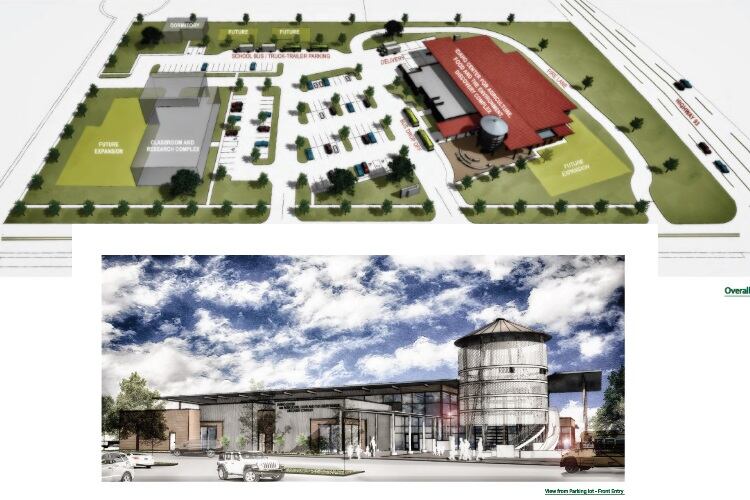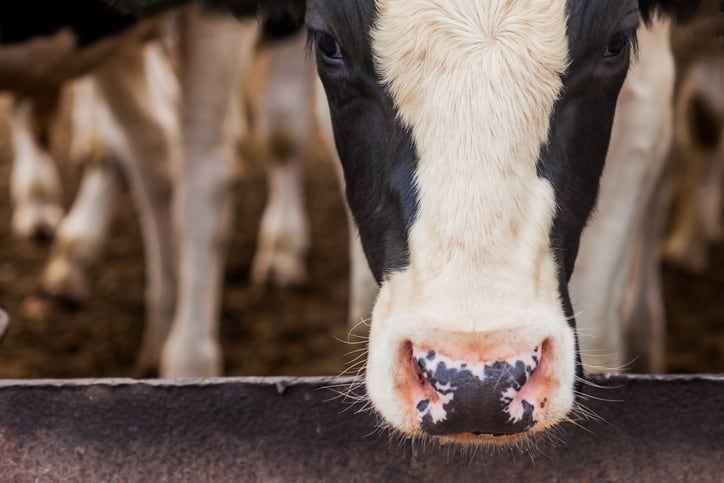The Center for Agriculture, Food, and the Environment (CAFE) is currently being designed at the University of Idaho, with plans for large-scale environmental research that will help tell the ‘dairy and ag story’ to the general public.
The dairy that will house 2,000 cows will be the anchor of the center, alongside a demonstration farm for nutrient management research and a discovery complex for agro-tourism. Jim Miller, director of development at the university, said land for the center has already been purchased.
The pending location in south central Idaho is considered the heart of Idaho’s dairy industry. The state has seen significant dairy growth over the past decade; it currently operates 35 farms that have a herd size surpassing 5,000, matched only by California.
The university said in a report that CAFE will be the largest and most advanced research center in the US targeting the dairy and allied industries, supporting a sustainable dairy production system in a semi-arid environment.
The report said the environment will make CAFE’s research indispensable in the water-constrained West, while having implications in dairy across the US.
“CAFE’s location, herd size sand research scope make it uniquely positioned to address real-world issues facing the dairy and food processing industries,” the University said.
A three-pronged project
As a part of the main dairy, CAFE will consist of 1,200 additional acres for agronomic research, feed production, and nutrient management, studying the interactions between dairy and water and soil health.
The Outreach and Education Center (OEC) for agro-tourism will be located at the second busiest intersection in Idaho, according to the University, to encourage it as a destination for visitors and locals. Agriculture, food production, water, power and energy will all be highlighted at the center.
An interactive discovery space, conference rooms, labs and offices for faculty, classrooms, student dorms, and an animal pavilion will round out the OEC. The Food Processing Pilot Plant will be separate, and focused on food processing and safety research.
In CAFE’s animal and environmental research, the university will look into concerns like determining the best practices for animal health and welfare with high-quality milk production, implementing robotic systems into herd management and milking, and low-stress handling and transportation.
“CAFE research will improve sustainability in the industry by enabling producers, dairies and food processors to adopt practices and policies to meet the sustainability requirements of their customers,” the report said.
“CAFE research will also address the economic, social and cultural sustainability of rural communities and diverse populations as well as the quality and sustainability of air, land and water resources of the rural communities impacted by the dairy industry. CAFE will encourage the development of innovative new food products and product attributes, along with identifying new market opportunities nationally and internationally.”
Long term, the project is expected to break ground in 2021, open the OEC in 2023 and milk the first cows at the dairy in 2024.


